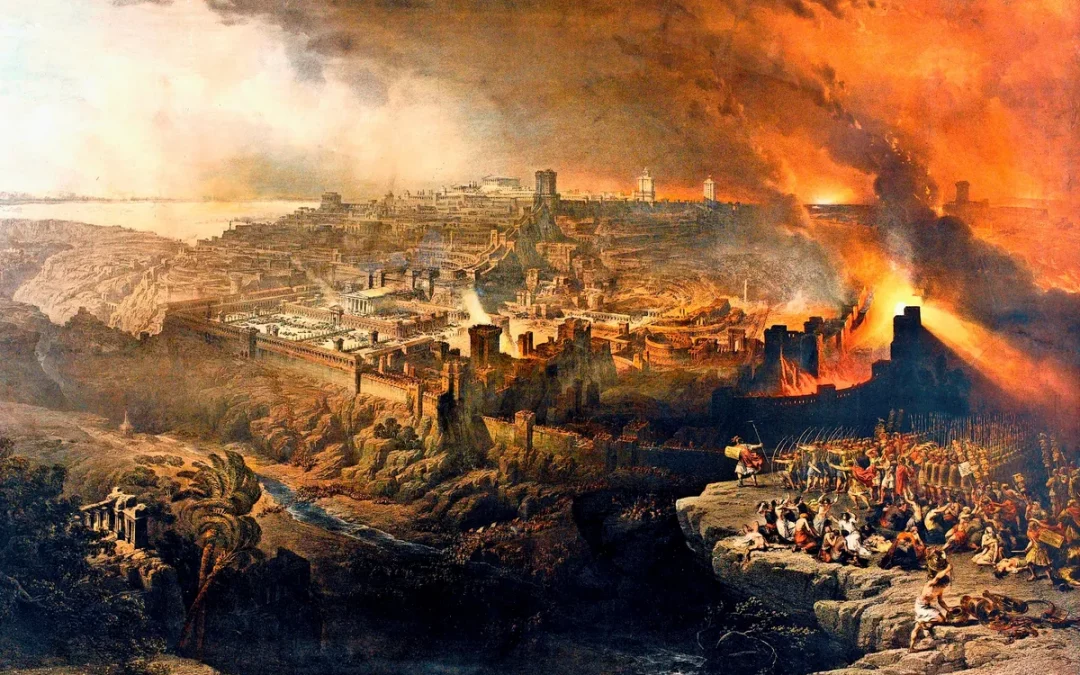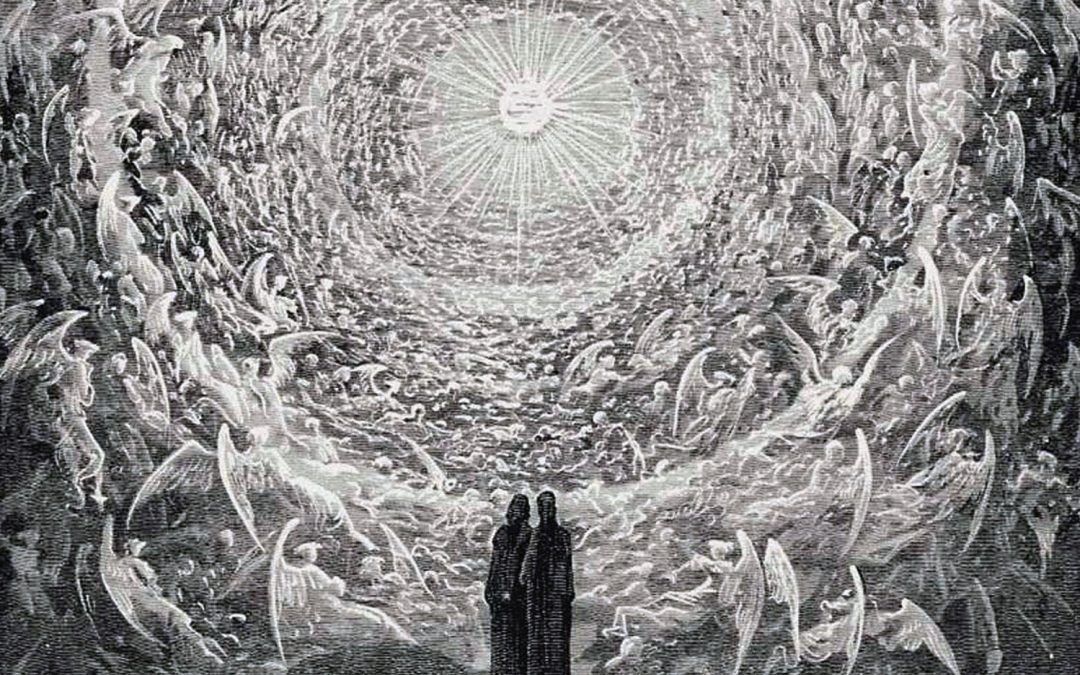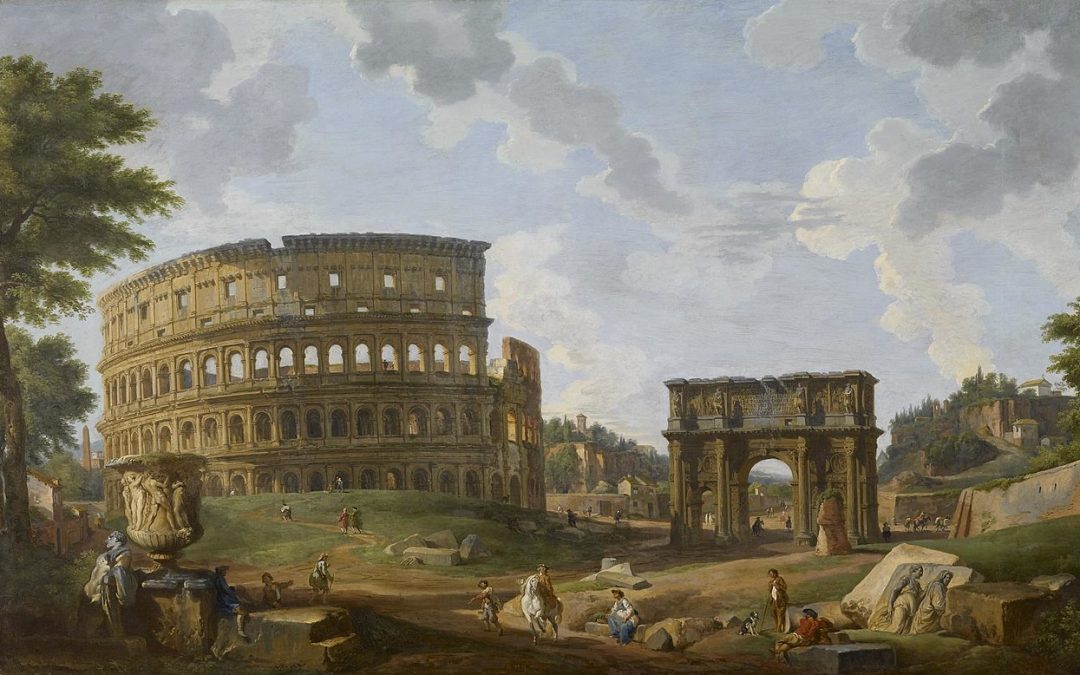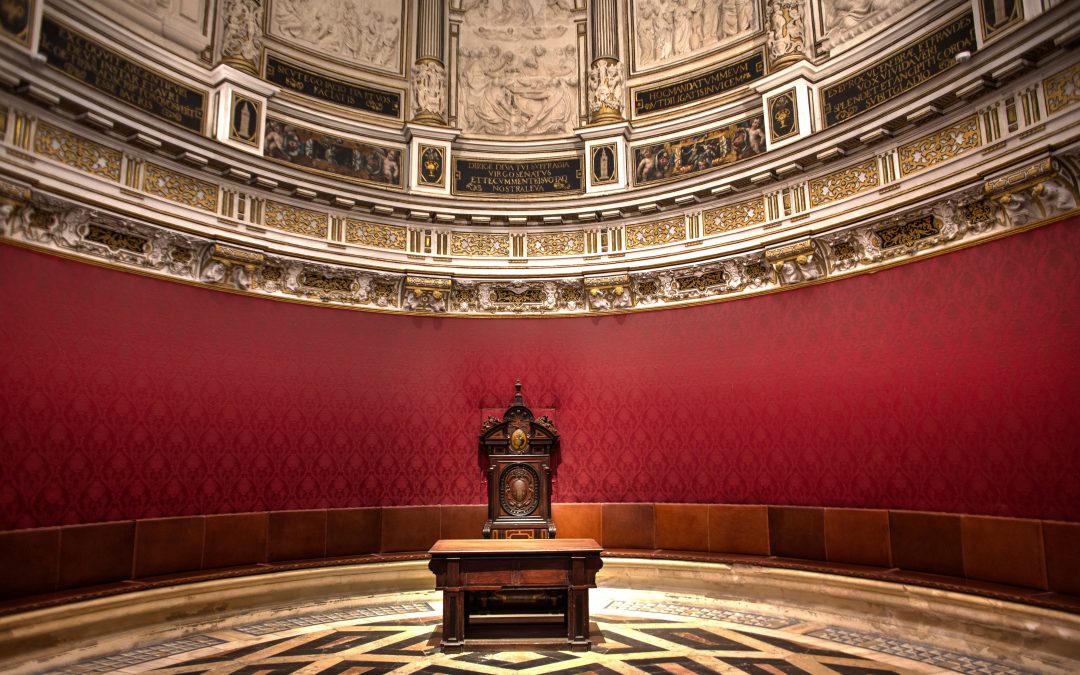
Gary DeMar & 1 Thessalonians 4
Full disclosure, I have no interest in making a judgment about the state of Gary DeMar’s soul. I have no reference point on social media, nor do I care to. Declaring the state of souls is not my duty. But what I can say is this:
It’s extremely concerning that a professing Christian tends not to answer questions about the bodily resurrection. It’s concerning that a single individual trusts himself enough to call into question (so easily it seems) the historical consensus of Christ’s people (this autonomy is endemic among these types it seems). And it’s also concerning that DeMar does all of this while maintaining a decently high profile influence over younger and/or more impressionable Christians.
DeMar won’t say much. But what he has said bears some informational content. And that informational content is worth engaging, if not for the benefit of changing his mind, then for the prospective benefit of onlookers.
Again, to qualify, I am not leveling a judgment against DeMar’s soul. He may very well be a Christian. But inquiring minds have concerns. Pastoral concerns. Concerns for the flock. So, without any further ado, let’s get underway.
What DeMar Has Said
Recently, on social media, I’ve posted two closely related statements issued by DeMar on a not-so-old podcast episode published by the ‘The Burros of Berea’. It’s found in episode #77, starting around the 1:29:00 mark. In this section of the podcast, DeMar is asked about what he believes will happen when he dies. He answers as follows, “I believe that when you die, you go to be with the Lord. And you get a new body at that time, a spiritual body.” Soon after, he follows up with a reference to 1 Thessalonians 4, saying, “[The bodily resurrection] doesn’t make sense with 1 Thessalonians 4 because you have to assume that the ‘dead’ there refer to dead bodies rather than ‘the dead’, ‘dead people’.”
More recently, I reproduced these two statements on Facebook in response to this post. After being asked to clarify those statements, DeMar replied, “I believe is [sic] a viable interpretation.” And when asked what that meant, he simply doubled down, “It’s a viable interpretation.” Assuming he’s referring to 1 Thessalonians 4, and that it may be suggestive of a spiritual (rather than a future bodily) resurrection, I issue the following response—
Is Omitting a Future, Bodily Resurrection from 1 Thessalonians 4 a “Viable Interpretation”?
The short answer? No.
I could appeal to the historical interpretation of the text, which would be a worthwhile pursuit. But I believe 1 Thessalonians 4 is clear enough to be interpreted at face value. But first, let’s look at a few other texts that clearly support the traditional notion of a future bodily resurrection.
In the Second London Confession, we read, “At the last day, such of the saints as are found alive, shall not sleep, but be changed; and all the dead shall be raised up with the selfsame bodies, and none other…” (31.2) This doctrine is grounded in a reality Christ has already inherited following the completion of His work. Paragraph 3 makes this plain when it explains the reason for our future resurrection, “the bodies of the just, [are raised] by his Spirit, unto honour, and [are] made conformable to his own glorious body.” The same language is found in the Westminster Standards.
The 17th century Particular Baptist and Westminster divines grounded the believer’s resurrection in Christ’s resurrection because Christ’s resurrection is the pattern of our hope. In other words, given our union with Christ, what He earned as Mediator becomes ours. In Romans 6:5, Paul writes, “For if we have been united together in the likeness of His death, certainly we also shall be in the likeness of His resurrection…” In vv. 8-9, he goes on, “Now if we died with Christ, we believe that we shall also live with Him, knowing that Christ, having been raised from the dead, dies no more. Death no longer has dominion over Him…” The phrase, “we shall also live,” cannot refer to regeneration, nor can it refer to the reception of a body other than the “selfsame” body we presently inherit. This for two reasons: (1) the phrase is in the future tense, which precludes a reference to regeneration; and (2) v. 5 makes it clear that our resurrection is like unto Christ’s. And if His selfsame body did not remain in the earth, then neither shall ours.
Speaking of ungodly teachers, Paul writes to Timothy, “And their message will spread like cancer. Hymenaeus and Philetus are of this sort, who have strayed concerning the truth, saying that the resurrection is already past; and they overthrow the faith of some.” (2 Tim. 2:17-18) This passage precludes a full preterist reading of the bodily resurrection. Furthermore, it cannot refer to a subjective, spiritual resurrection—as if each dying person receives a glorified spiritual body at their death. Paul is clear, the resurrection hasn’t happened yet. And to suggest that it has tends to overthrow the Christian faith!
One more passage before we get to 1 Thessalonians 4…
In 1 Peter 1:3, the apostle writes, “Blessed be the God and Father of our Lord Jesus Christ, who according to His abundant mercy has begotten us again to a living hope through the resurrection of Jesus Christ from the dead…” It may seem like a routine apostolic greeting, but let’s think through the language by means of a logical process:
Step 1: Did Christ die? Yes. That much is implied in the text itself, and no professing Christian doubts it. It’s relatively uncontroversial.
Step 2: Did His soul die? No. Why? Because Jesus Himself makes that clear when he issues a promise to the thief on the cross, “Assuredly, I say to you, today you will be with Me in Paradise.” (Lk. 23:43) And in Luke 23:46, He says, “Father, ‘into Your hands I commit My spirit.’”
Step 3: If our Lord perished, but His soul didn’t die, what was raised from the dead? It was His selfsame body. Hence, the women discovered an empty tomb. (Lk. 24:22-23)
Death is the departure of the soul from the body. That is the traditional-philosophical definition of death, and it is also the biblical understanding. The soul is immortal. The body is not, at least not until the resurrection of the body when we “are clothed with immortality.”
Okay, now for 1 Thessalonians 4…
Is DeMar’s suggestion that it does not speak of a future bodily resurrection “viable”?
Let’s look at the evidence.
A partial-tending-full preterist could easily throw a gloss of 1 Thessalonians 4 into his paradigm with a measure of success if it weren’t for the details. In v. 14, for example, we read, “For if we believe that Jesus died and rose again, even so God will bring with Him those who sleep in Jesus.” Now, this statement may not be as well attended as the following vv. 15-18 (because those often seem eschatologically juicier). But v. 14 seems to obviate a full-preterist reading. Look closely at the language. As with Romans 6, Paul grounds the resurrection in Christ’s resurrection, which was the resurrection of His selfsame body unto a glorious estate. Strengthening this suggestion are the words, “even so God will bring with Him those who sleep in Jesus.” That small phrase, “even so,” could be rendered, “also in this way,” or, “so too, in this way…” And this makes for an overall reading as follows, “For if we believe that Jesus died and rose again, so too, in this way God will bring with Him those who sleep in Jesus.” Lexically, the term used here for “in this way” (οὕτω) means “in the manner spoken of.”
Conclusion? In the same manner Christ was raised, those asleep in Jesus shall be raised also. If Christ’s selfsame body was raised (the tomb was empty), so too shall our selfsame bodies be raised (all our “tombs” shall be empty like His was). But this can only be the case if (1) the resurrection is future, and (2) if it entails the reception of the same, albeit glorified, bodies we currently possess.
As a bonus consideration, v. 16 reads, “For the Lord Himself will descend from heaven with a shout, with the voice of an archangel, and with the trumpet of God. And the dead in Christ will rise first.” While some preterists may want to relegate this to a past event, 1 Corinthians 15 corroborates a futurist reading of this text, “in a moment, in the twinkling of an eye, at the last trumpet. For the trumpet will sound, and the dead will be raised incorruptible, and we shall be changed.” (v. 52) Paul places himself among those who “shall be changed,” by using the first person plural, “we.”
Conclusion
I believe there to be plenty of evidence that demonstrates a future bodily resurrection (the orthodox position), and that it consists in the resurrection of our selfsame bodies in the manner of Christ’s own resurrection. Much more could be said. My concern rests with those who will be influenced by DeMar or by those with similar platforms and beliefs to his own. My prayer is that my engagement doesn’t come off as an exercise in heresy hunting, but that my tone is perceivably pastoral and irenic.
May the Lord get the glory.





